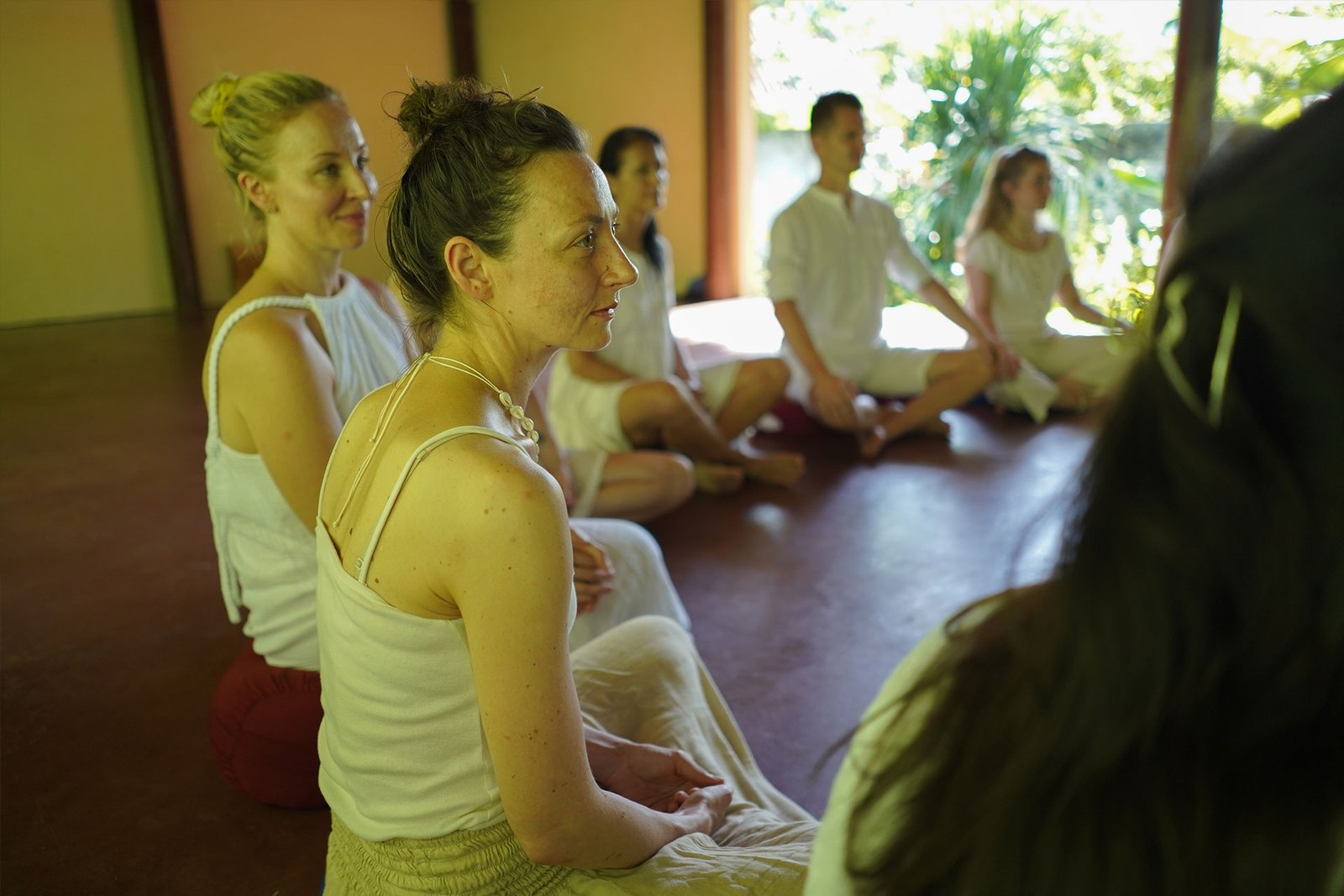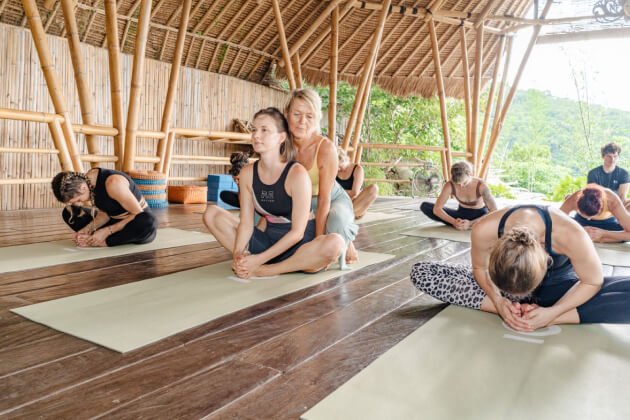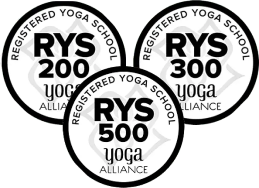
Mental health is an integral part of overall well-being, yet modern life often challenges our emotional balance. Anxiety, depression, and chronic stress have become increasingly common, affecting people of all ages. While therapy and medications are valuable, yoga offers a holistic approach to support mental health naturally.
At Trimurti Yoga Bali, we believe in blending the ancient wisdom of yoga with modern understanding to promote emotional stability, reduce stress, and cultivate inner peace.
Table of Contents
ToggleUnderstanding the Connection Between Yoga and Mental Health
Yoga is not just a physical exercise; it is a mind-body practice that harmonises breathing, movement, and mindfulness. Research shows that consistent yoga practice can help regulate neurotransmitters, reduce cortisol levels (the stress hormone), and activate the parasympathetic nervous system. These physiological effects contribute to a calmer mind, better mood regulation, and decreased anxiety.
Key Yoga Techniques to Ease Anxiety
1. Pranayama (Breathing Exercises)
Breathing is closely linked to mental states. Techniques like Nadi Shodhana (Alternate Nostril Breathing) and Bhramari (Humming Bee Breath) are especially effective in calming the nervous system. Pranayama slows down the heart rate, reduces stress, and promotes a sense of inner calm, making it a powerful tool for managing anxiety.
2. Gentle Asanas (Yoga Postures)
Certain yoga poses can help release tension and support emotional well-being. Poses such as Balasana (Child’s Pose), Supta Baddha Konasana (Reclining Bound Angle Pose), and Setu Bandhasana (Bridge Pose) open the chest, stretch the spine, and relax the body, encouraging mental clarity and emotional balance.
3. Meditation and Mindfulness
Meditation encourages present-moment awareness, helping the mind detach from repetitive anxious thoughts. Even 10–15 minutes daily of guided meditation or mindfulness practice can significantly reduce anxiety and foster mental resilience.
 Yoga for Depression: Techniques That Uplift the Mind
Yoga for Depression: Techniques That Uplift the Mind
Depression often brings low energy, negative thought patterns, and a sense of heaviness. Yoga can gently uplift the mood through:
- Heart-Opening Poses: Such as Ustrasana (Camel Pose) and Bhujangasana (Cobra Pose), which stimulate energy flow and help release emotional blockages.
- Dynamic Flows: Sequences like Sun Salutations boost circulation, increase endorphins, and energise the body, supporting a positive mindset.
- Guided Visualisation: Using imagery meditation can help shift focus from negative thinking to self-compassion and hope.
Lifestyle Integration: Supporting Mental Health Beyond the Mat
Yoga’s benefits extend beyond formal practice. Combining yoga with healthy routines such as mindful eating, adequate sleep, and nature exposure enhances emotional resilience. Journaling, spending time in nature, or even practising gratitude can amplify yoga’s positive impact on mental health.
Why Choose Yoga for Mental Health at Trimurti Yoga Bali
Trimurti Yoga Bali offers tailored sessions focusing on both physical and mental well-being. Our serene Bali retreat provides a safe space to explore yoga, meditation, and pranayama under expert guidance. Whether you are seeking relief from anxiety or support for depression, our holistic programs help you reconnect with your inner peace and cultivate sustainable mental wellness.
 Conclusion
Conclusion
Yoga for mental health is more than a practice; it’s a journey toward self-awareness and emotional balance. Incorporating asanas, pranayama, and meditation into daily life can significantly ease anxiety and depression while promoting overall well-being.
At Trimurti Yoga Bali, we guide you on this path, blending traditional wisdom with modern approaches to mental health.








